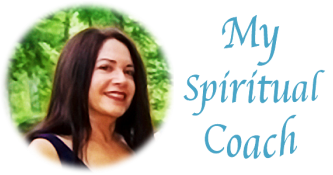Only one thing is eternal—the fundamental Energy of the Universe, which never had a beginning and has no ending. It always was and always will be. It takes many, many forms, but always originates from the One Eternal Source. That is also true about the Soul because it is through our Soul that we partake of the Universe. It participates in us and we participate in it. But most of us don’t recognize the, because we are run by the mind-stream of endless thoughts, fears, and regrets.
Yet deep within each of us, we know that the Soul we were when we are eleven years old is still the Soul we are now. And when we meet someone who is on the same vibrational level as our Soul, we feel a spiritual reaction. Our Souls are tuned into each other. We inherently know that there is something within us and surrounding us that can never die or be destroyed and we feel it in this connection too. It is in a state of growth and freedom, like the expanding Universe itself.
Plato understood that the Great One Source Energy is the fountain of all that is. And that within each of us, regardless of our individual characteristics, is Divine Consciousness. It’s just a matter of how much are we allowing into our fields of recognition and how much of it we are uncovering. For it is all there, like a lightbulb covered over with duct tape. Take away the layers of the obscuring tape and you will find the eternal light of the Soul within.

 RSS Feed
RSS Feed